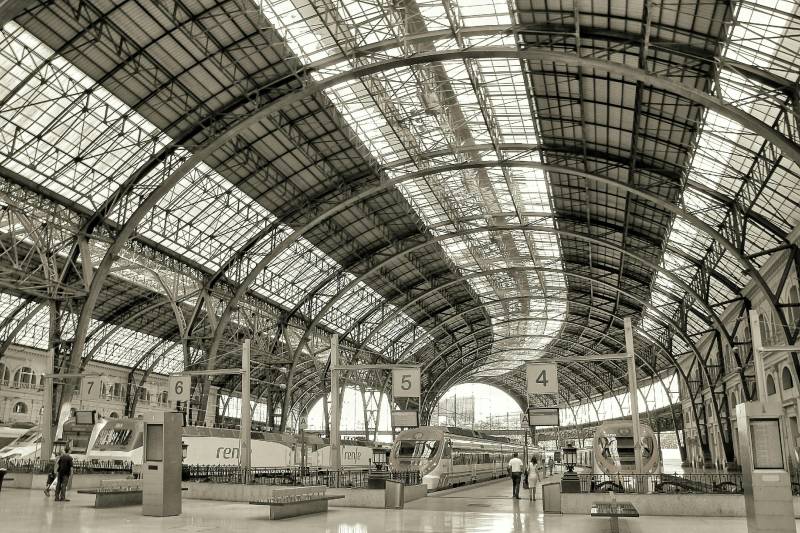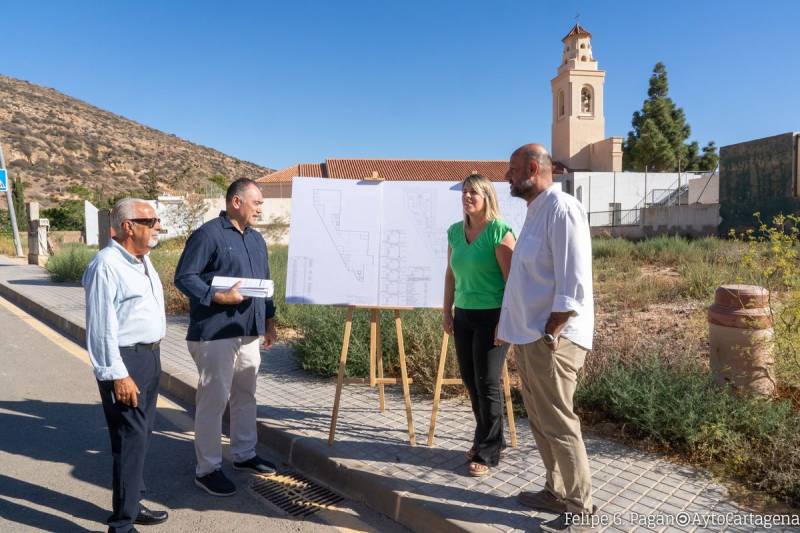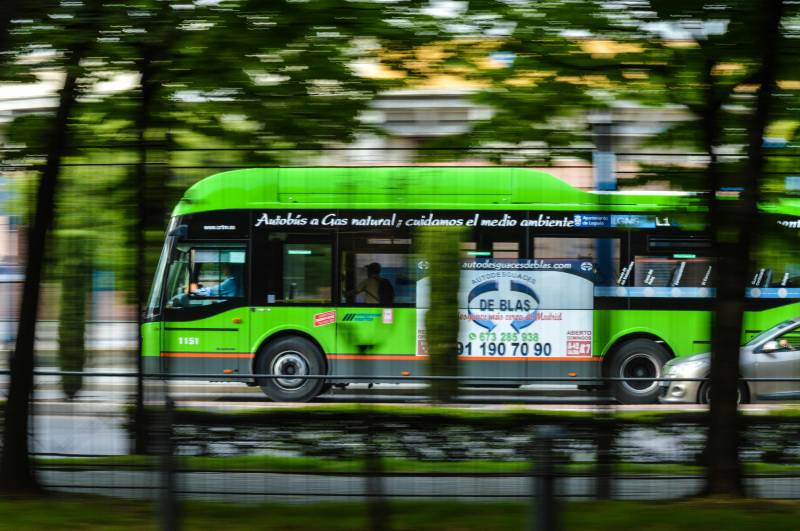- Region
- Águilas
- Alhama de Murcia
- Jumilla
- Lorca
- Los Alcázares
- Mazarrón
- San Javier
-
ALL AREAS & TOWNS
- AREAS
- SOUTH WEST
- MAR MENOR
- MURCIA CITY & CENTRAL
- NORTH & NORTH WEST
- TOWNS
- Abanilla
- Abarán
- Aguilas
- Alamillo
- Alcantarilla
- Aledo
- Alhama de Murcia
- Archena
- Balsicas
- Blanca
- Bolnuevo
- Bullas
- Cañadas del Romero
- Cabo de Palos
- Calasparra
- Camping Bolnuevo
- Campo De Ricote
- Camposol
- Canada De La Lena
- Caravaca de la Cruz
- Cartagena
- Cehegin
- Ceuti
- Cieza
- Condado de Alhama
- Corvera
- Costa Cálida
- Cuevas De Almanzora
- Cuevas de Reyllo
- El Carmoli
- El Mojon
- El Molino (Puerto Lumbreras)
- El Pareton / Cantareros
- El Raso
- El Valle Golf Resort
- Fortuna
- Fuente Alamo
- Hacienda del Alamo Golf Resort
- Hacienda Riquelme Golf Resort
- Isla Plana
- Islas Menores & Mar de Cristal
- Jumilla
- La Azohia
- La Charca
- La Manga Club
- La Manga del Mar Menor
- La Pinilla
- La Puebla
- La Torre
- La Torre Golf Resort
- La Unión
- Las Palas
- Las Ramblas
- Las Ramblas Golf
- Las Torres de Cotillas
- Leiva
- Librilla
- Lo Pagan
- Lo Santiago
- Lorca
- Lorquí
- Los Alcázares
- Los Balcones
- Los Belones
- Los Canovas
- Los Nietos
- Los Perez (Tallante)
- Los Urrutias
- Los Ventorrillos
- Mar De Cristal
- Mar Menor
- Mar Menor Golf Resort
- Mazarrón
- Mazarrón Country Club
- Molina de Segura
- Moratalla
- Mula
- Murcia City
- Murcia Property
- Pareton
- Peraleja Golf Resort
- Perin
- Pilar de la Horadada
- Pinar de Campoverde
- Pinoso
- Playa Honda
- Playa Honda / Playa Paraíso
- Pliego
- Portmán
- Pozo Estrecho
- Puerto de Mazarrón
- Puerto Lumbreras
- Puntas De Calnegre
- Region of Murcia
- Ricote
- Roda Golf Resort
- Roldan
- Roldan and Lo Ferro
- San Javier
- San Pedro del Pinatar
- Santiago de la Ribera
- Sierra Espuña
- Sucina
- Tallante
- Terrazas de la Torre Golf Resort
- Torre Pacheco
- Totana
- What's On Weekly Bulletin
- Yecla


- EDITIONS:
 Spanish News Today
Spanish News Today
 Alicante Today
Alicante Today
 Andalucia Today
Andalucia Today
Date Published: 05/09/2025
Spain’s rail woes call for clear strategy as Renfe and ADIF face mounting challenges
Rail operators and infrastructure managers need strong coordination and vision to restore public confidence
 Spain’s railway system is facing persistent problems that highlight the urgent need for a clear, long-term strategy involving both Renfe, the train operator, and ADIF, the infrastructure manager. While Spain boasts one of the world’s most extensive high-speed rail networks, recent breakdowns, delays, and technical failures show a system struggling to deliver reliable service to passengers.
Spain’s railway system is facing persistent problems that highlight the urgent need for a clear, long-term strategy involving both Renfe, the train operator, and ADIF, the infrastructure manager. While Spain boasts one of the world’s most extensive high-speed rail networks, recent breakdowns, delays, and technical failures show a system struggling to deliver reliable service to passengers.Renfe, which operates the trains, continues to face fierce criticism over aging rolling stock, with many trains more than 20 years old. No significant new trains have been added since 2008 except for the troubled Talgo Avril models, which have been withdrawn from important routes due to mechanical issues.
According to Transport Minister Óscar Puente, “One of the weak points of the system is the average age of the trains, which is around twenty years.” He also warned, “I want to be very cautious because I was very excited about the Avril train, but then it wasn’t so exciting. I’m afraid that in the next two years we’ll find ourselves on both sides of the curve: with new equipment that will cause some problems and with equipment in its final years of life.”
Meanwhile, ADIF, responsible for running and maintaining rail infrastructure such as tracks, signalling, and stations, recently suffered a major IT failure that paralysed high-speed services on key corridors connecting Madrid to southern and northwestern Spain. This outage left passengers stranded and unable to get real-time information at major Madrid stations, worsening frustrations with the rail system. ADIF stated that “The backup IT equipment has worked correctly and traffic is gradually being restored.”
While Renfe manages train operations, ADIF's role is to provide efficient and safe infrastructure and network access to all train operators. Their cooperation is essential, but the recent spate of incidents has exposed a lack of cohesive planning and coordination. The government has delayed introducing competition on the network until 2028, citing technical and national security concerns, yet this has compounded uncertainty for manufacturers and stakeholders.
Freight transport, vital for sustainable mobility and economic growth, remains an underfunded priority despite its importance in the governmental rail agenda.
The Transport Minister’s recent appearance in Congress acknowledged record passenger growth but underscored the risks from outdated trains and unstable IT systems. He also announced plans to purchase 475 new trains costing €5.2 billion, with deliveries to begin next year. Negotiations are underway with manufacturers such as Siemens for modern trains to expand the fleet.
The message is clear: Spain’s rail system requires more than short-term fixes and public relations efforts. It needs a coherent, well-funded strategy that unites Renfe’s operational expertise with ADIF’s infrastructure management, guaranteeing quality, punctuality, and safety for passengers across the country. Without this, the reputation of Spain’s rail network risks permanent damage.
You might also be interested in: Delayed train? How to get a refund from Renfe Spain
Image: Pixabay/Pexels
Loading
If you own a property in Spain but are not a resident, you are required to pay tax regardless of whether you use the property as a holiday home, rent it out to others, or are selling it.
 IberianTax specialises in helping non-resident property owners in Spain file their necessary tax returns online using the Modelo 210 tax form.
IberianTax specialises in helping non-resident property owners in Spain file their necessary tax returns online using the Modelo 210 tax form.This Spanish-registered company, which is fully recognised by the Spanish government and trusted by hundreds of satisfied customers, helps non-resident property owners in Spain to simplify the tax returns process with their user-friendly platform and expert guidance.
What is a Modelo 210 tax form?
Modelo 210 is the Spanish tax form for non-residents. It applies to individuals who do not live in Spain but own a property there and need to declare property-related taxes.
There are different types of Modelo 210 forms depending on the nature of the tax:
- Modelo 210 Imputed Income for tax on owning a property for personal use.
- Modelo 210 Rental Income for tax on income earned from renting out the property.
- Modelo 210 Capital Gains Tax for tax due on the sale of the property.
How to file your non-resident Modelo 210 tax with IberianTax in 3 steps
- Create an account: Register for free to create an account or log in. You can start for free, including a free tax estimate calculation, and pay only when you submit your Modelo 210.
- Fill out your information: Use the simple IberianTax questionnaire to enter the property and owner details, with step-by-step guidance and examples provided.
- File your taxes: Choose your payment method, and IberianTax will take care of the rest, filing your Spanish non-resident tax return online.
Why use IberianTax to file your Modelo 210?

- Quick: Create an account for free and start right away. File your Form 210 online within minutes.
- Simple: The process is questionnaire-based with step-by-step guidance, requiring no tax knowledge.
- Low Cost: Cheaper than any tax consultant or accountant, with services starting at only €34.95, compared to typical fees of around €120.
- Online Payment: There’s no need to be in Spain; You can file your 210 Form online from anywhere, anytime, with three payment methods available.
- Accurate: Developed by tax experts, IberianTax’s software ensures 100% accuracy with in-built checkers for tax calculations.
- Secure: Using data encryption, IberianTax ensures the highest level of security for your private information, along with secure payment options.
- Certified: Fully recognised and approved by the Spanish tax authorities.
- Multilingual: Services are provided in English, French, and German, with online support available in your language to ensure clarity in your tax return submission.
Whether you need to file taxes for personal use, rental income, or capital gains, IberianTax offers a comprehensive, reliable, and cost-effective solution for non-resident property owners in Spain.
Get started now on the IberianTax website or, if you have any further questions, the team will be happy to answer them. Just use the contact box above, or fill in the contact form on their website.
Alternatively, you can send an email to contact@iberiantax.com and they will get back to you as soon as possible.
Contact Murcia Today: Editorial 000 000 000 /
Office 000 000 000






























